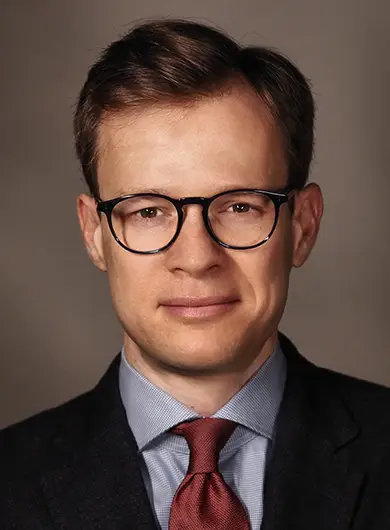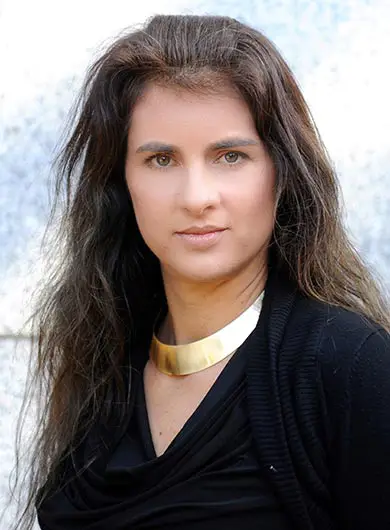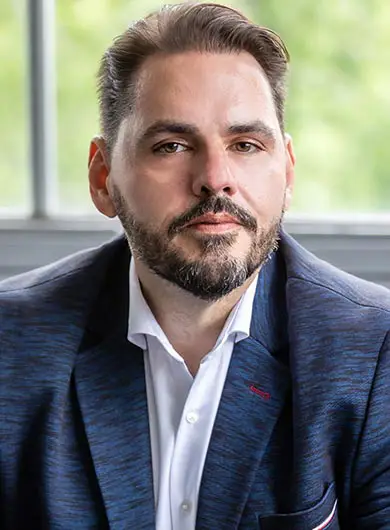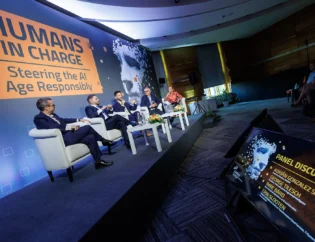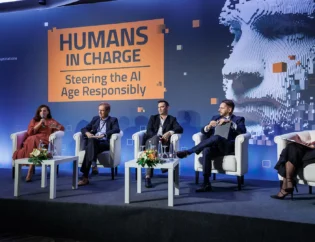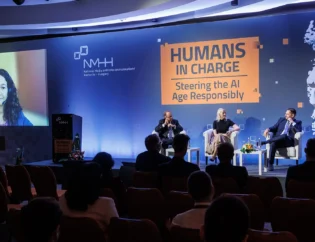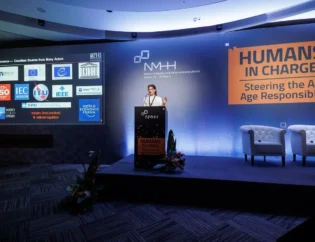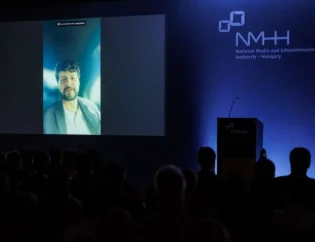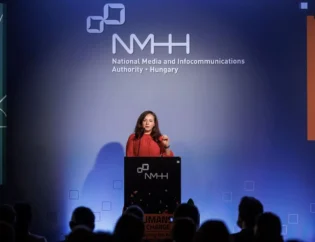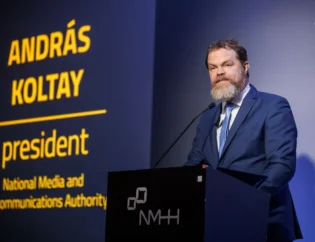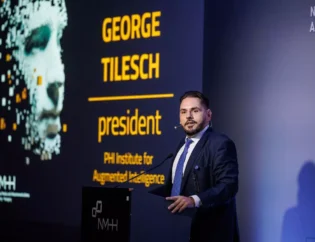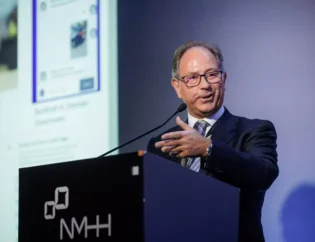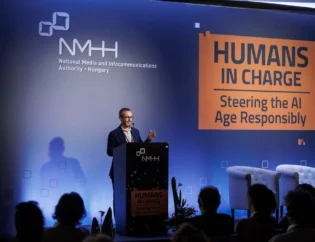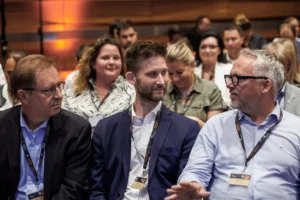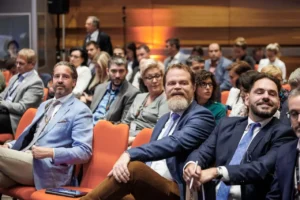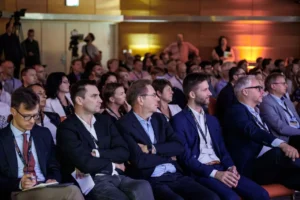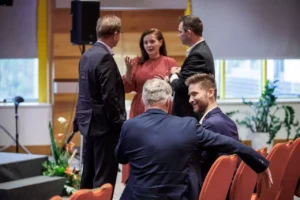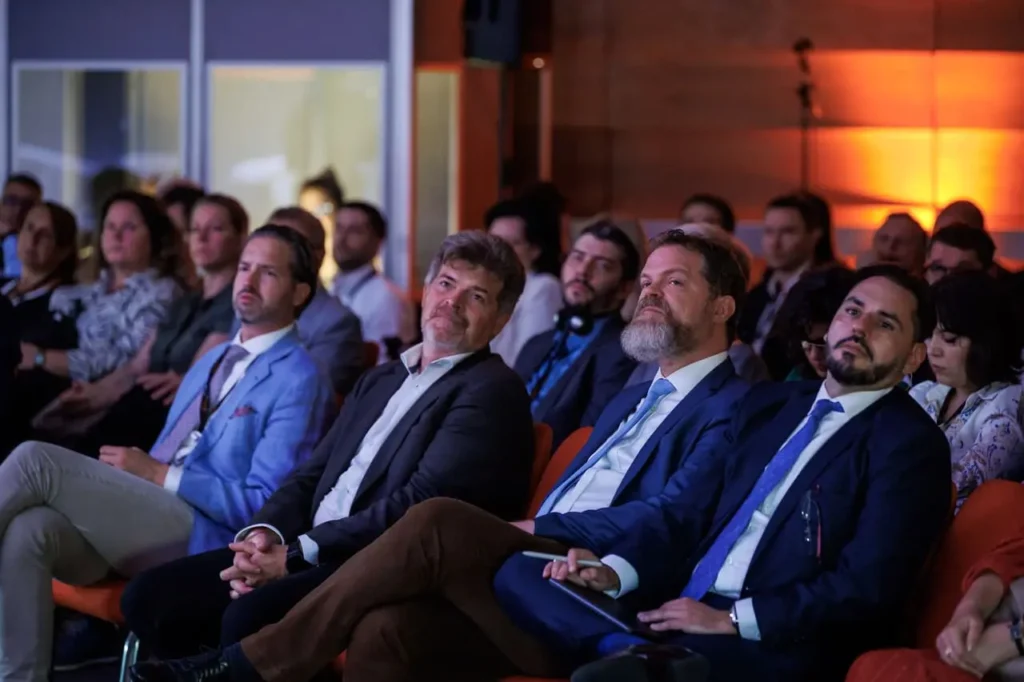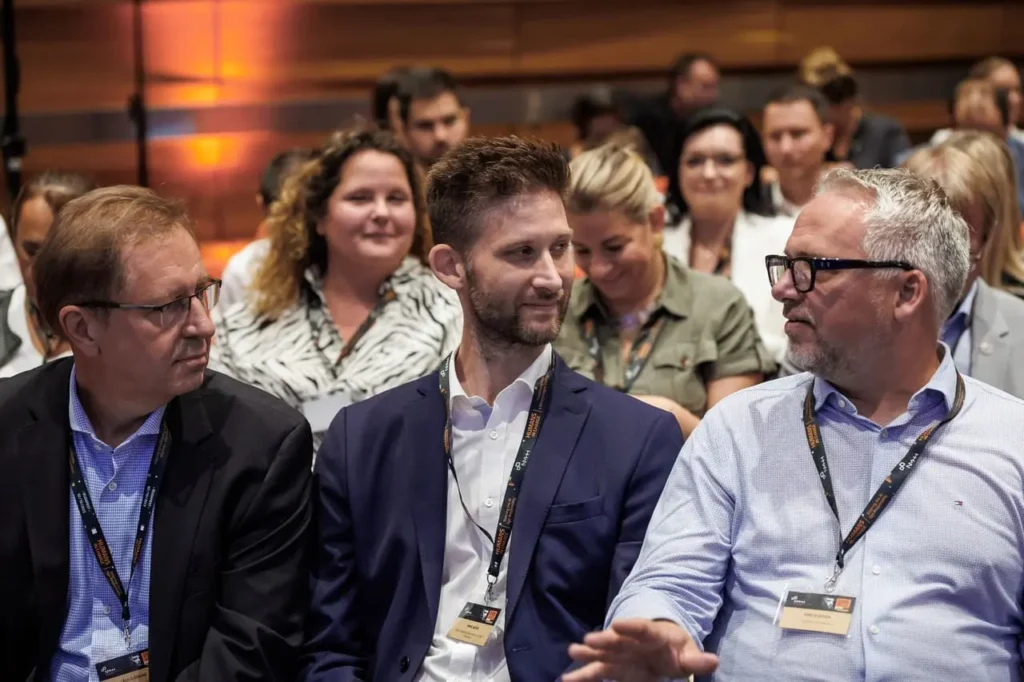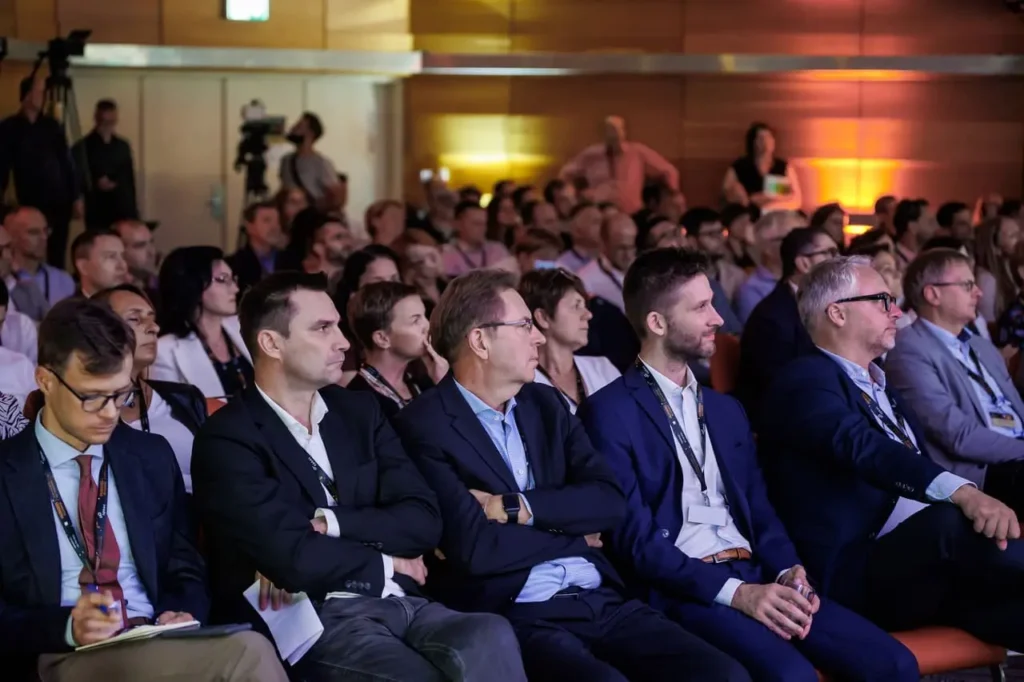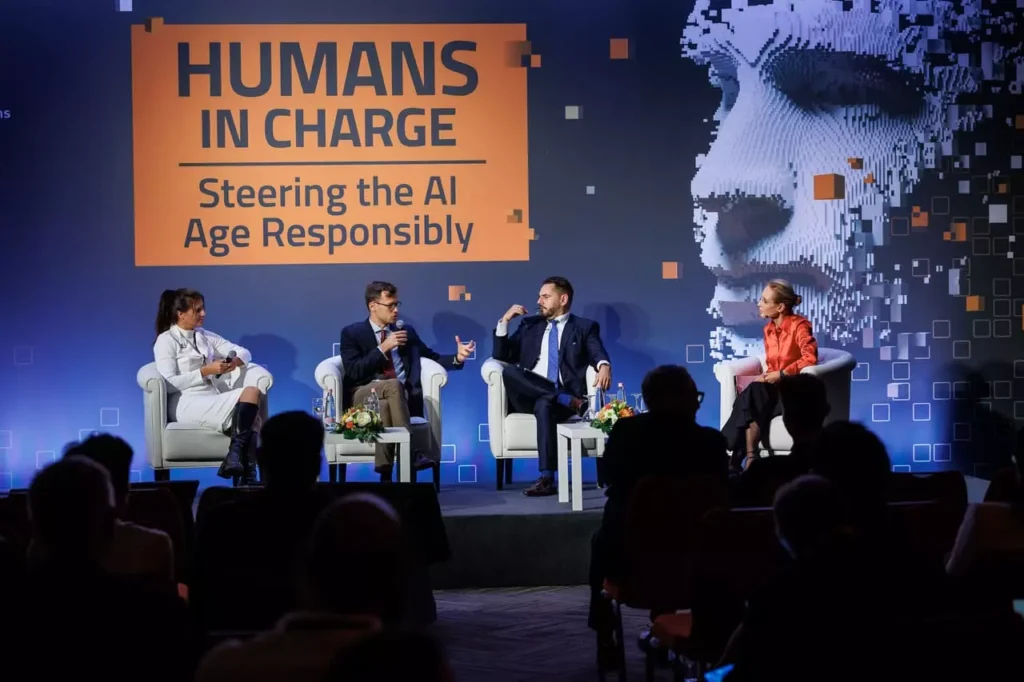AI Regulation, Ethics and Governance
THE THIRD PANEL. The world seems to converge by and large on what is considered ethical AI – soon there will be a sweeping range of regulations worldwide that lay down the foundations for it to be enforced, starting with the EU AI Act.
Questions to answer
- AI Ethics principles may not be universally the same but increasingly overlapping. How do we establish the norms and then ensure reliable operationalizing?
- The world of AI policy and standardization is booming. What are the major directions, cutting edge best practices, and the towering challenges in this regard that leaders should know about? How can we best communicate the ethical implications of AI to society, make it more graspable in the present tense?
- How can we come up with the right AI governance structures in large organizations (sometimes with a lot of self-restraint practiced?)
- In what senses do we consider the coming EU AI Act pioneering, what are your expectations in delivering “the Brussels effect” worldwide and where is room for improvement going forward?
Participants
Levente Juhász
Government Affairs & Public Policy Manager, CEE, Google
He leads on the topics of digital transformation, economic contribution and sustainability on Google’s public policy team for Central and Eastern Europe, and is responsible for government affairs for Hungary, Lithuania and Latvia.
Olivia Erdélyi
Professor, Canterbury & Bonn Universities
Olivia is an internationally recognized expert on AI ethics and policy and consultant with a multidisciplinary background in computer science, economics, law, and political science. She advises governments and organizations.
George Tilesch
Founder & President, PHI Institute for Augmented Intelligence
For over 20 years, George has been active as a cross-sector and cross-industry conduit between Artificial Intelligence ecosystems worldwide and as a trusted advisor for world leaders.


